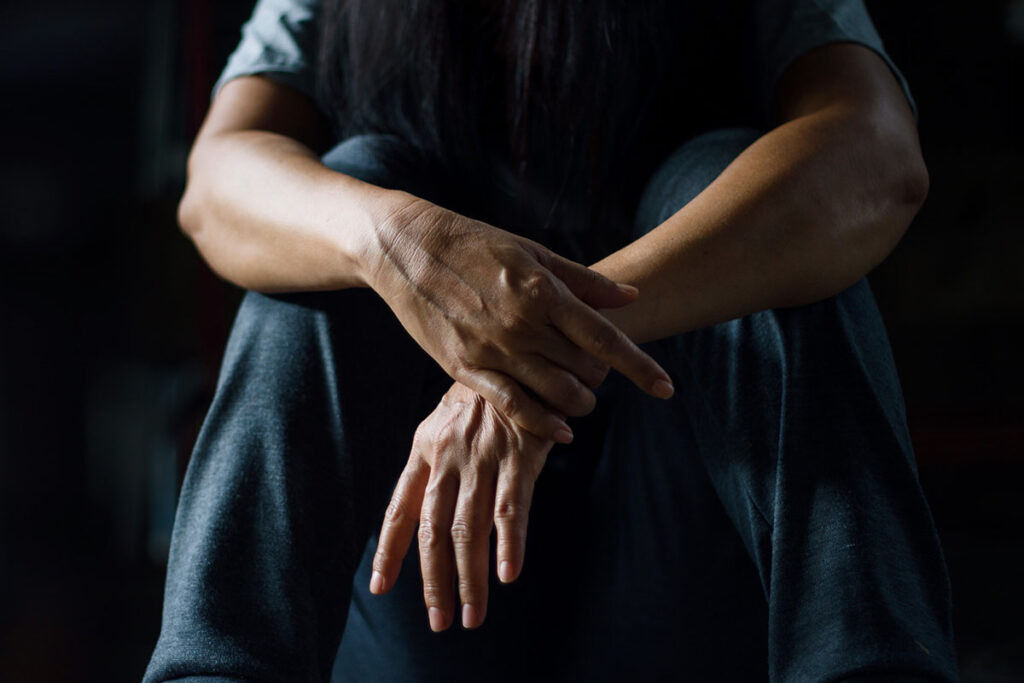Complex PTSD is a form of post-traumatic stress disorder that results from prolonged, repeated exposure to trauma, especially during vulnerable developmental stages. While traditional PTSD may develop after a single traumatic event—such as a car accident or natural disaster—complex PTSD occurs after ongoing trauma over an extended period. This might include experiences like childhood abuse, domestic violence, human trafficking, or living in a war zone.
Unlike traditional PTSD, which is often characterized by flashbacks, nightmares, and heightened arousal, complex PTSD is marked by additional symptoms that affect emotional regulation, self-perception, and interpersonal relationships. These symptoms can make it harder for individuals to manage their emotions, maintain healthy relationships, and feel a sense of self-worth. It is these deep-seated emotional effects that distinguish complex PTSD from other forms of trauma-related stress. Fortunately, residential PTSD treatment can help individuals manage symptoms and heal long-term.
Symptoms of Complex PTSD
The symptoms of complex PTSD can be more pervasive and intense than those of traditional PTSD. These symptoms often impact various aspects of a person’s life, including their emotional well-being, behavior, relationships, and overall sense of self.
Some of the key symptoms of complex PTSD include:
- Difficulty regulating emotions – People with complex PTSD often experience intense emotions, such as anger, sadness, or fear, that can feel overwhelming.
- Negative self-perception – A hallmark of complex PTSD is a distorted sense of self. Individuals may feel worthless, guilty, or ashamed, often believing they are to blame for their trauma.
- Difficulty trusting others – Many individuals find it hard to trust others, even in safe situations, after experiencing repeated betrayal or harm.
- Reliving the trauma – Individuals with complex PTSD may relive their trauma through flashbacks, nightmares, or intrusive thoughts.
- Avoidance and detachment – People with complex PTSD often avoid situations, people, or places that remind them of their trauma.
- Relationship difficulties – Due to emotional dysregulation and trust issues, individuals with complex PTSD may have difficulties forming and maintaining relationships.
These symptoms can persist for years if left untreated, impacting a person’s quality of life. However, with the right support and care, individuals with complex PTSD can begin to heal and regain control over their lives.
Types of Trauma That Can Lead to Complex PTSD
The types of trauma that contribute to complex PTSD are typically prolonged and repetitive and often occur during vulnerable periods in a person’s life. These experiences may happen in childhood or adulthood, but they share the common thread of being sustained and inescapable.
Some examples of the types of trauma that can lead to complex PTSD include:
- Childhood abuse or neglect – Children who experience physical, emotional, or sexual abuse over long periods are at high risk for developing complex PTSD.
- Domestic violence – Those who endure prolonged domestic abuse—whether physical, emotional, or psychological—may develop complex PTSD.
- Human trafficking or forced labor – Victims of human trafficking or forced labor, who experience repeated trauma with little control over their situation, often develop complex PTSD.
- Prolonged exposure to war or conflict – Individuals exposed to warfare, either as civilians or combatants, may develop complex PTSD.
In addition, being held captive, whether in prison or as a hostage, can lead to complex PTSD. Any sustained trauma that is prolonged and inescapable can contribute to the development of complex PTSD.
Contact The Ranch Today for Support
If you or someone you love is struggling with the effects of complex PTSD, you don’t have to face it alone. The Ranch in Tennessee offers compassionate, expert care designed to help individuals heal from trauma and reclaim their lives.
Contact us today at 1.844.876.7680 or online to learn more about our residential PTSD treatment programs and how we can support you on your journey to recovery.




